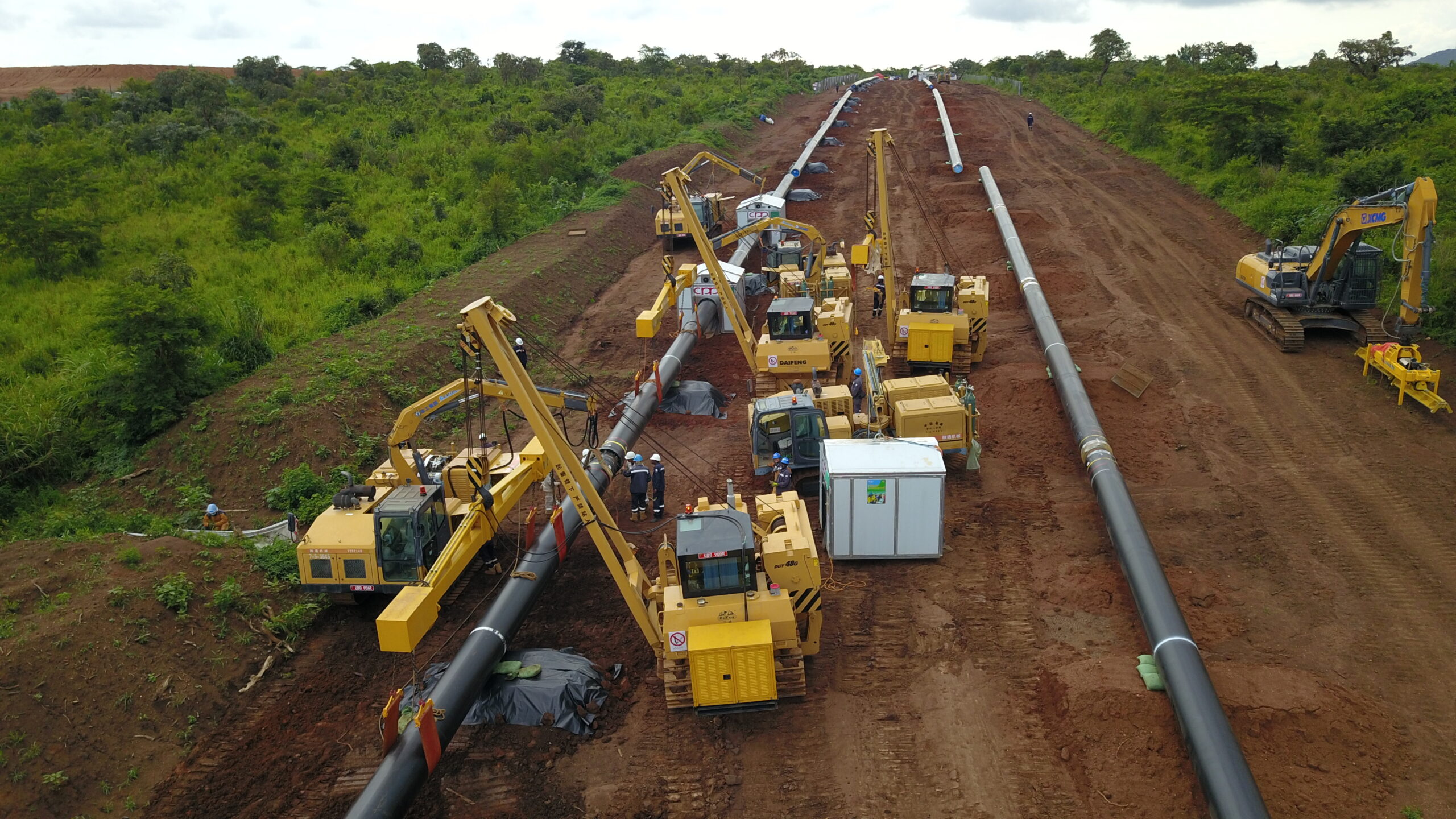UIA Introduces Initiative to Transition Kikubo Traders to Local Manufacturers

The Uganda Investment Authority (UIA) has launched a ground-breaking program to encourage business owners in Kikuubo, Kampala’s business hub, to switch from importing goods to producing them locally.
The “Transitioning Kikuubo Traders to Manufacturing” initiative is based on the idea of encouraging import substitution. Its goal is to give traders who have been dealing in imported goods for a long time the ability to take advantage of import substitution opportunities and associated incentives, such as tax holidays, free industrial park land, and zero tax rates.
During a meeting at the UIA head office on Tuesday, July 30, with traders from Kikuubo and representatives from the Presidential Advisory Committee on Exports and Industrial Development (PACEID) and the Global Competitiveness Initiative (GCI), Robert Mukiza, the Director General of the Uganda Investment Authority (UIA), announced the initiative.
According to Mukiza, the Domestic Investment Division has established a dedicated desk with work plans, goals, and schedules to facilitate businesspeople’s quicker shift from trading to manufacturing.
According to Mukiza, traders—particularly those in Kikuubo—have a greater understanding of supply networks, the economic environment, and substantial cash flow—all essential components in the shift from importing goods to making them domestically.
According to Mukiza, Manufacturing has more multiplier effects than trading because it increases local production, adds value to local raw materials, creates more jobs, particularly for young people, raises government and personal incomes, and supports sustainable economic development.
Mukiza advised Ugandans to consider the wider picture while making investments, emphasizing import substitution and looking beyond the Ugandan market to the East African market, the African continent, and the world market.
According to Mukiza, foreign investors are swarming Uganda because, aside from having the finest business climate in East Africa, it is also the third-most profitable nation in Africa, behind Ethiopia and Egypt.
He said that in order to expedite the shift from trading to manufacturing, UIA is buying more property in Namanve Industrial Park especially to serve Kikuubo traders who want to pursue manufacturing. He also mentioned that land is available in other industrial parks throughout Uganda.
He underlined, “If you are targeting markets like the Democratic Republic of Congo or South Sudan, you could go to industrial parks in Nebbi, Arua, or Kisoro instead of setting up your factory in Greater Kampala.”
Joshua Kassibo, the traders’ representative, stated that although they had long believed UIA favored foreign investors, they were now aware of the incentives and investment opportunities they had been overlooking as a result of consistent interactions.
Daudi Migereko, the chairperson of the Global Competitiveness Initiative, asked Ugandans to consider what they can manufacture, process, create, and export in a way that is competitive.
“It’s time to start producing a product locally if you have been trading it for a long time. “Let’s embrace the latest import substitution trend,” Migereko said.
The UIA’s Director for Domestic Investment, Richard Nuwenyesiga, gave the traders the assurance that the organization will support them during the transition process by providing a one-stop shop with investment and business support services from more than 15 public and private sector organizations.
Uganda made USD 891.97 million in May 2024 from its merchandise exports, a 39.4% increase from USD 639.86 million in April 2024.
Increased profits from coffee and gold exports during the month were the primary drivers of this growth. From USD 948.88 million in April 2024 to USD 1,244.66 million in May 2024, the import bill increased by 31.2%.




